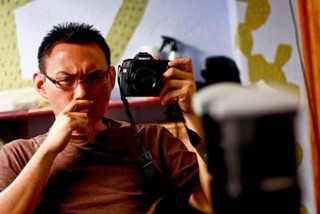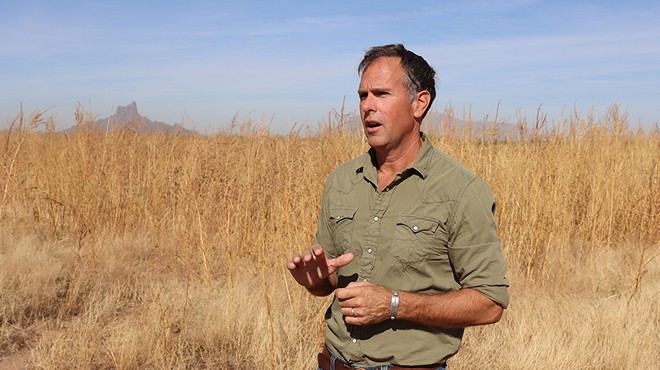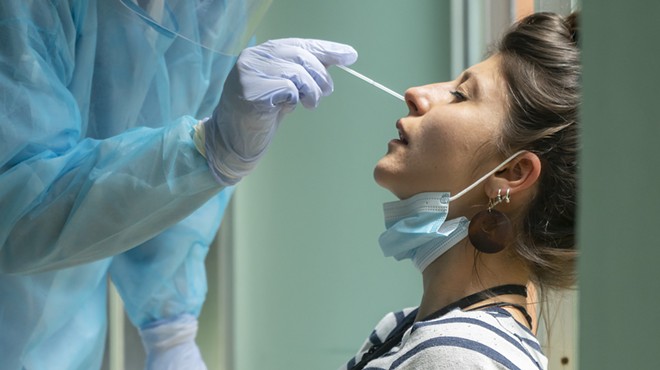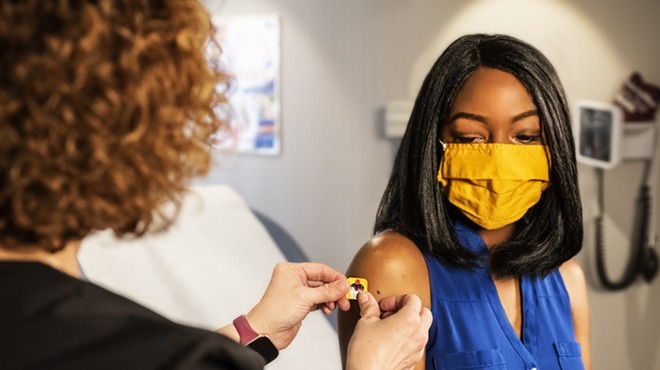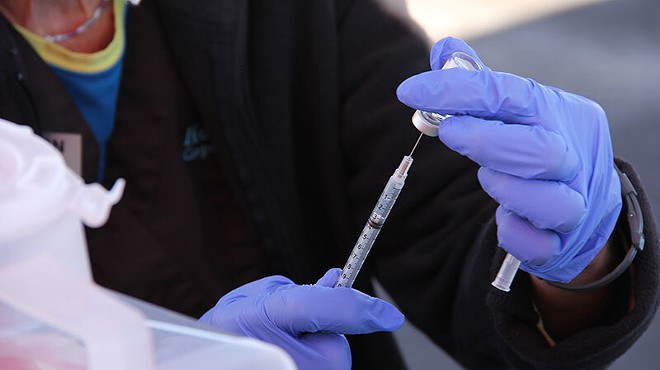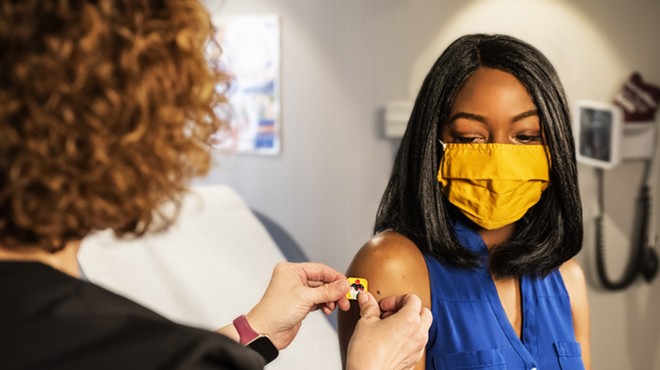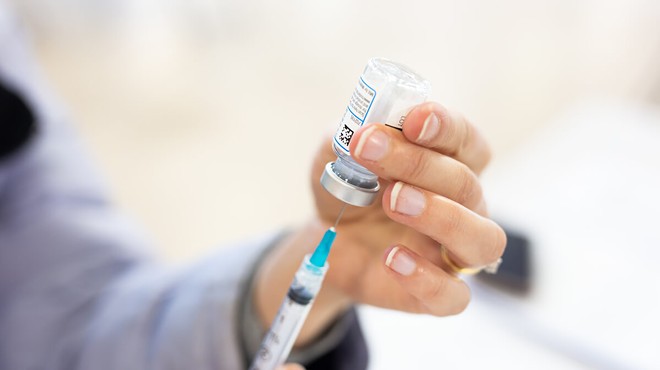Monday, September 26, 2011
Tipping NOT a City in China; More Like a Guilt Trip
Feel guilty whenever you leave a bad tip?
You should.
According to University of Arizona researchers, guilt plays a major role in our decisions to do what we think is right. By combining the math in economics and psychology, the researchers devised a new technique to measure the influence of guilt in decision-making and cooperation.
Past studies left many questions unanswered about how guilt was actually experienced and how it affected decision-making, said Luke J. Chang over Skype. Chang co-authored the UA study, which was published recently in the neuroscience journal Neuron.
The researchers studied 30 paid participants in a two-part game that reflected real-life social situations. In the first part, all the participants played the role of “investor” and were given up to $10 to invest in a “trustee.”
Seventeen participants were invited back as “trustees” and placed inside a functional magnetic resonance imaging (fMRI) machine to monitor their brain activity. Just like in real life, participants could either pocket all the money — the invested amount multiplied by four — or cooperate by giving some back to the investors.
At the end of the experiment, trustees rated the amount of guilt they would have experienced had they returned a smaller amount of money than what their investors expected. “Participants report that they would have felt more guilt had they returned less money in the game,” the researchers wrote.
The scans showed that the anterior insula—the part of the brain that processes negative feelings such as pain, disgust and guilt—fired up like a Christmas tree when they were making their decisions to return the investment. In other words, the insula acted as a signal when participants came close to not doing what they thought was fair.
Examining the neuroscience of a complex social behavior like guilt brought together UA researchers from disparate disciplines. Martin Dufwenberg, a behavioral economist at the Eller College of Management, designed the study’s theoretical model of guilt used for the game. Dufwenberg and his then-doctoral student Alec Smith partnered with lead authors Chang, then a UA doctoral student, and his mentor, Alan Sanfey. UA neuroscientist Sanfey also holds an appointment with the Donders Institute for Brain, Cognition and Behavior at the Radboud University in The Netherlands.
This interdisciplinary approach demonstrated that emotions such as guilt can be studied at the neural level using the economics models, the researchers concluded.
The next step? Chang and Sanfey plan to use this economics-and-psychology technique on patients, including diagnosed psychopaths. Looking at patients with different brain injuries and predispositions will enable the researchers to observe guilt in practical situations.
“The idea is that they [psychopaths] should be able to accurately infer other people’s expectations,” Chang said. “But they just won’t care.”
Barring any propensity you might have for sneaking into motel showers in drag with a butcher knife, the next time you consider leaving a bad tip, think about your server’s disappointment or, worse, how guilty you’ll feel.
Tags: Tipping , John de Dios , Coffee shop , guilt , psycho , psychopaths



